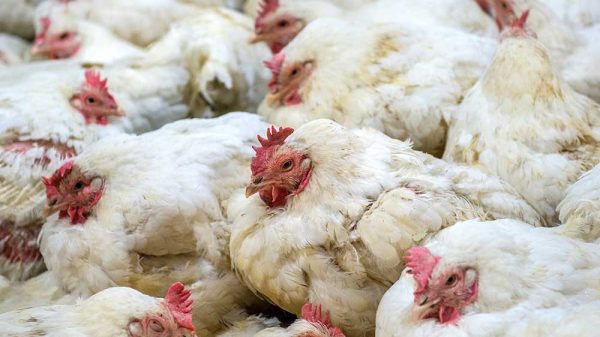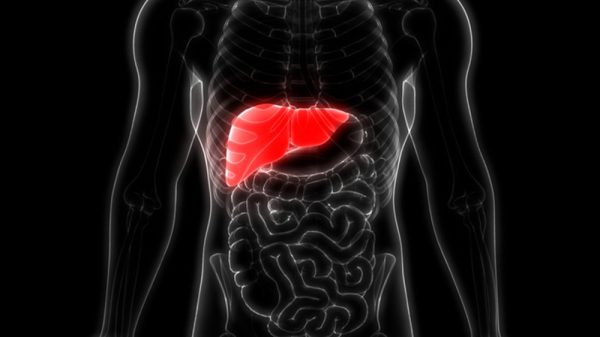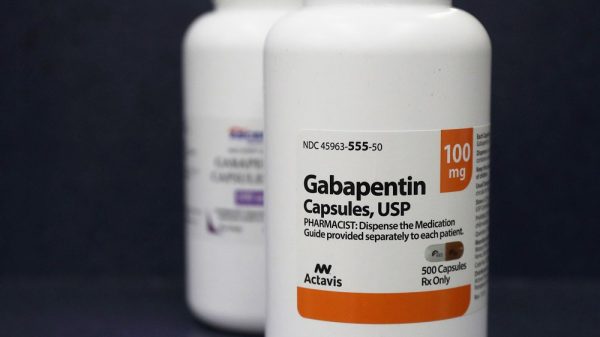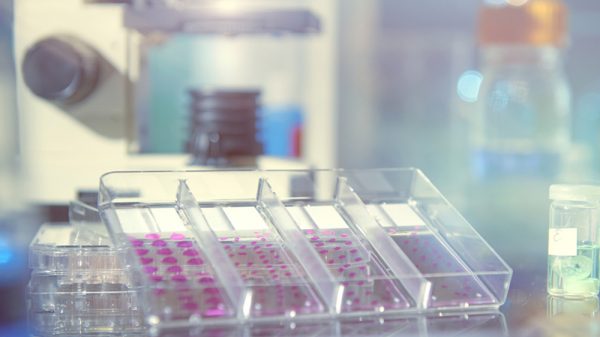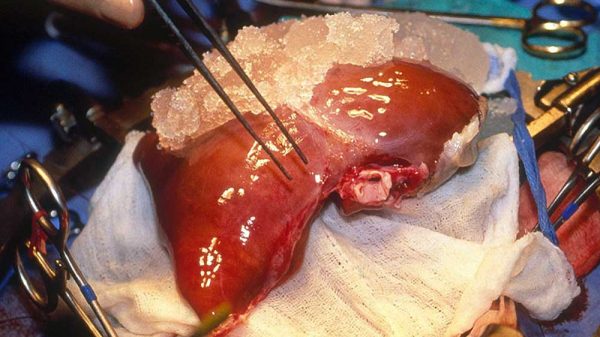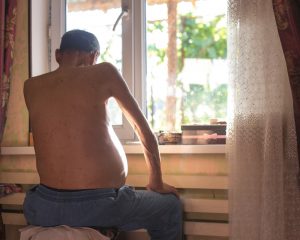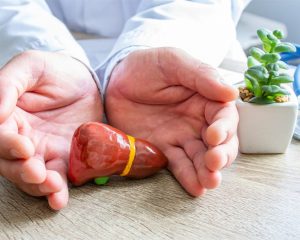Have you been diagnosed with cirrhosis of the liver? It is a late-stage liver disease that causes severe tissue scarring. Studies show up to 15% of heavy alcohol drinkers will develop cirrhosis. However, there’s also non-alcoholic cirrhosis that can also cause scarring of the vital organ. In the early stages, it’s sometimes possible to reverse the disease through cirrhosis cure and diet. That is because this condition doesn’t include severe scarring and complications until the latter stages. Early diagnosis can prevent it from becoming more severe. During late-stage cirrhosis, the only “cure” is an organ transplant, which can be very expensive and complicated.
Cirrhosis can be managed and treated using various methods like ditching alcohol, antiviral drugs, and weight loss. You can also go with several diets like Mediterranean, Keto, and Low-sodium. These diet programs and following some guidelines can help to manage and sometimes even reverse liver cirrhosis. The key is to make the necessary tweaks to your diet and lifestyle to help fight cirrhosis naturally. If you take these steps early enough, it’s possible to reverse cirrhosis. While the scarring is irreversible, it’s possible to stop further liver damage with some basic steps.
What Exactly Is Cirrhosis of the Liver?
This condition involves severe liver scarring that’s caused by inflammation of the organ. Various factors can cause this late-stage liver disease. They include heavy alcohol drinking, hepatitis infections, and non-alcoholic fatty liver disease (NAFLD).
An early stage of liver disease is something called fatty liver disease (FLD). As the name suggests, this involves a fat buildup in the vital organ. Over time this can worsen and become Fibrosis (scarring). That is the start of scarring but doesn’t affect the liver’s function.
However, that’s what happens if Stage 2 of liver disease develops into cirrhosis. It is a severe liver scarring that starts to affect the organ’s function. There are also 4 stages of liver cirrhosis, with the final one involving liver failure.
Cirrhosis can be diagnosed using various methods. They include MRIs, CT scans, and ultrasounds. There are also blood tests that can check for certain substances that increase when the liver isn’t functioning properly. That’s due to the organ being unable to effectively filter out certain toxins.
A doctor might also order a biopsy to verify the results of previous tests. That involves removing a small piece from the liver for a laboratory to examine. That can determine whether or not a person is suffering from cirrhosis.
There are possible complications that can develop during the latter stages of the health problem. They include:
- Hepatitis A/B/C
- Spider Web-like blood vessels
- Fluid buildup in the abdomen (ascites)
- Confusion/lack of focus (HE)
- Yellowish skin/eyeballs (jaundice)
- Blocked bile duct
These symptoms can make it much tougher to treat cirrhosis. That’s because you’ll not only have to deal with the symptoms of cirrhosis but also the various complications that might exist.
Cirrhosis Cure: Top Treatments
In some cases, it’s possible to reverse and “cure” cirrhosis during the early stage. Here are some possible treatments:
WATER PILLS
The fancy term for these tablets is “diuretics.” They help to increase urination, which can reduce fluid buildup due to ascites. There are many OTC and prescription medicines on the market. They can all be effective in reducing the body’s fluid levels.
You can also go with natural diuretics like asparagus. If you want to take a holistic (whole-body) approach then this is a good option. You can avoid strong chemicals in prescription medicines.
DETOX/COUNSELING/SUPPORT
These are all necessary steps to take if you have alcoholic cirrhosis. Detox will help to cleanse your body/liver to improve the organ’s function. There are also options like counseling and support groups that can help to deal with the additive part of alcohol drinking.
ANTIVIRAL MEDICINES
These can help to deal with infections like Hepatitis A/B/C. In these cases, it’s highly recommended to take prescription drugs because these are very strong viral infections. Other medicines can help to protect the liver.
If you’ve been diagnosed with cirrhosis, you can prevent getting hepatitis by getting a Hep B/C vaccine. There isn’t one for Hep A, but you can also avoid this infection through methods like not sharing food and drinks with other people since it can be transmitted through saliva.
STOP DRINKING ALCOHOL
If you have alcoholic cirrhosis, it is necessary to stop alcohol intake to prevent further damage to the liver. It’s something you should also consider if your liver disease is non-alcoholic. The key is that the body can only process a small amount of alcohol per hour. It can help slow down liver damage.
Top Recommendations for Cirrhosis Diet
MEDITERRANEAN DIET
In recent years, low-carb diets have been trending. However, this diet is less than a century old while the Mediterranean Diet has been around for thousands of years. While it’s not low in carbs, it includes lots of “good” carbs. It also has other healthy foods like fatty fish, whole grains, veggies, Greek yogurt, and red wine. Studies show that these foods are loaded with liver-friendly nutrients.
DRINKING WATER
Make sure to drink at least 3 liters of water/day to help flush out your body’s systems. It is a basic yet effective liver-cleansing option. Make sure to go with purified water to get the best results.
It’s also important to avoid obesity to treat cirrhosis effectively. Water can help since it’s 0-calorie and can fill you up before/during meals.
HIGH-FIBER
Make sure to eat more whole grains, veggies, fruits, and nuts/seeds. While the body doesn’t digest dietary fiber, it can improve digestion. That can help with functions like liver detox. Real food is always the best source of dietary supplements.
WELL-BALANCED
It’s critical to eat a well-balanced diet to help manage/treat cirrhosis. Some good options include:
- Chicken/Fish
- Whole Grains
- Seeds/Nuts
- Fruits
- Vegetables
- Dairy
These foods are high in vitamins, minerals, enzymes, antioxidants, and other nutrients. The antioxidants, in particular, can help to cleanse the liver, which is important, when it’s been damaged due to a bad diet.
LOW-SALT DIET
This option can provide several benefits related to overall health. It can also help with ascites (fluid buildup). That’s because a high-salt diet can cause water retention. That can result in fluid buildup in the abdomen. That’s a situation you’ll want to avoid since it can cause health issues among cirrhosis patients.
A high-fat diet can also cause other possible health issues. They include high blood pressure. It’s recommended that most adults consume less than 1500mg of sodium every day as part of cirrhosis cure.
